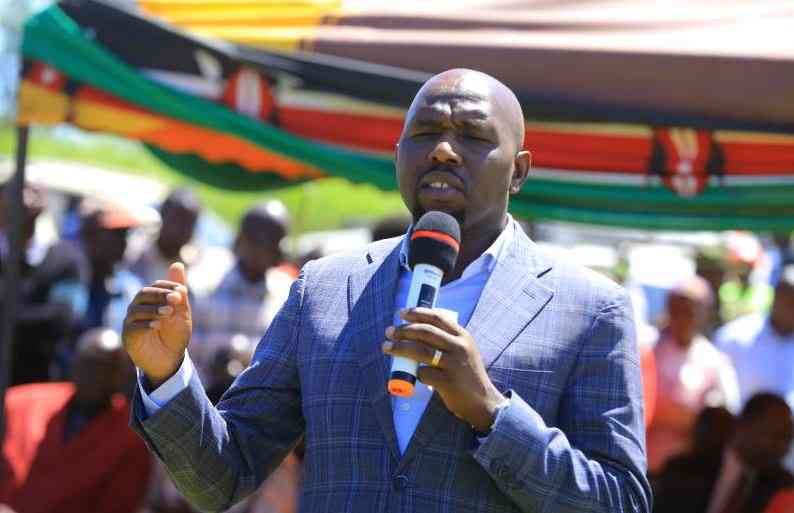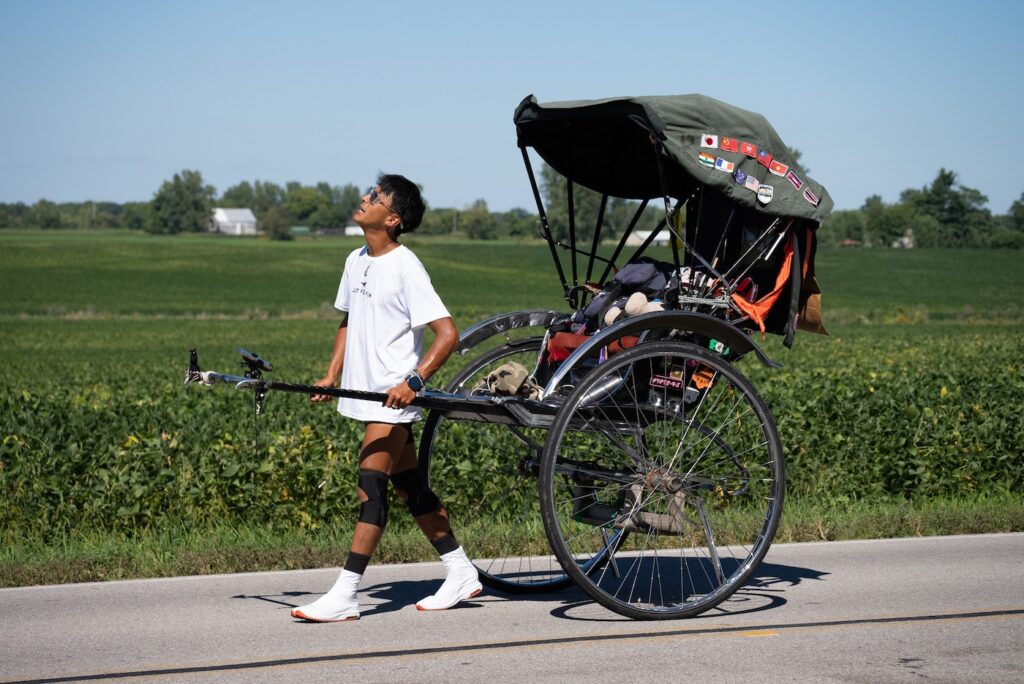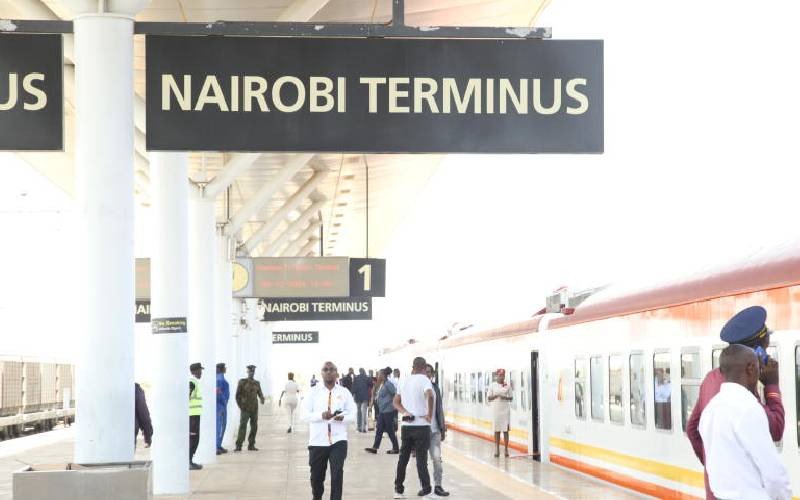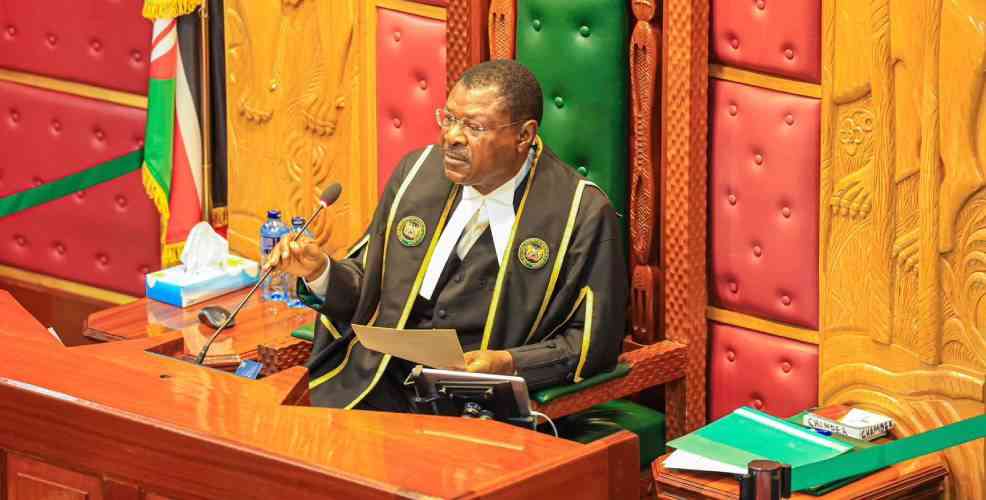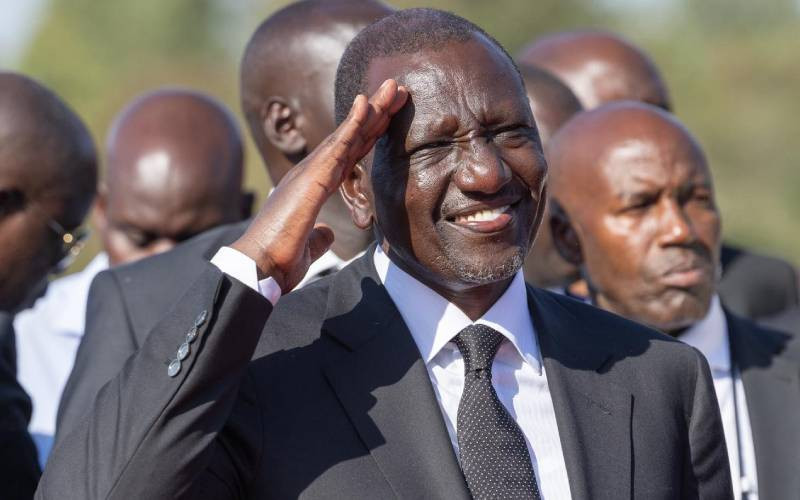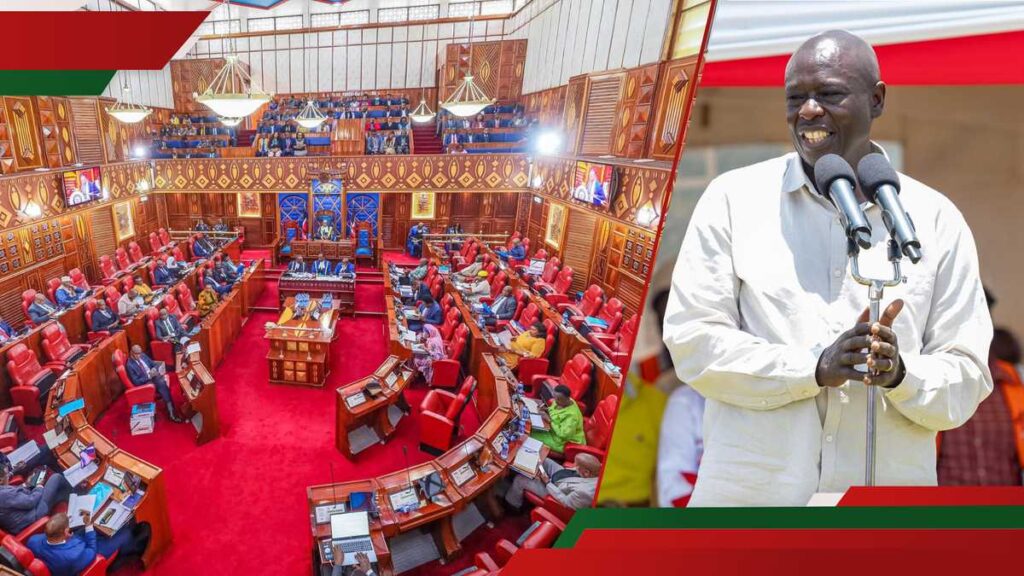Kenyans will have a say on whether village elders should be paid and entrenched in the governance system.
The Ministry of Interior and National Administration has commenced public participation on the Draft National Government Village Elders Policy and the National Government Coordination (Administrative Units) Regulations, 2025 which if implemented will see village elders formally recognised as part of the governance structure.
Interior Cabinet Secretary Kipchumba Murkomen said the policy will formally embed village elders by defining their roles, responsibilities and eligibility criteria, while also offering training and facilitation to perform effectively as part of government structure.
And countrywide public participation forums commenced on Tuesday and continued yesterday across the eight former provinces to collect citizens’ views.
“This is a transformative milestone in Kenya’s journey towards devolved governance and which seeks to bridge the gap between citizens and the government by strengthening service delivery and fostering inclusivity at the lowest level of administration,” said Murkomen in a statement yesterday.
For generations, elders have acted as moral anchors and agents of peace in their communities, often without any form of state support. Their contributions, while deeply respected at the local level, have not been matched with institutional recognition.
“The proposed reforms now seek to address that disconnect. Once implemented, village elders will not only continue their traditional functions, such as maintaining social harmony and preserving cultural values but will also take on formal administrative duties, including keeping community incident records, promoting civic awareness, and acting as links between citizens and state institutions,” added the CS.
Interior PS Raymond Omollo emphasised the vital role elders have historically played, describing them as “the invisible thread that holds society together.” He noted that recognising their contributions is a moral and national imperative whose time has come.
“The process of shaping this policy has been people-driven. It has involved broad consultation with ordinary citizens, nyumba kumi leaders, community-based organisations, religious institutions, civil society actors, and law enforcement agencies. The approach reflects a deliberate effort by the government to ensure that the framework is inclusive, participatory, and rooted in the lived experiences of the communities it seeks to serve,” he stated.
He said the proposed policy also calls for official mapping and gazettement of villages which will give structure and identity to grassroots jurisdictions across the country.








